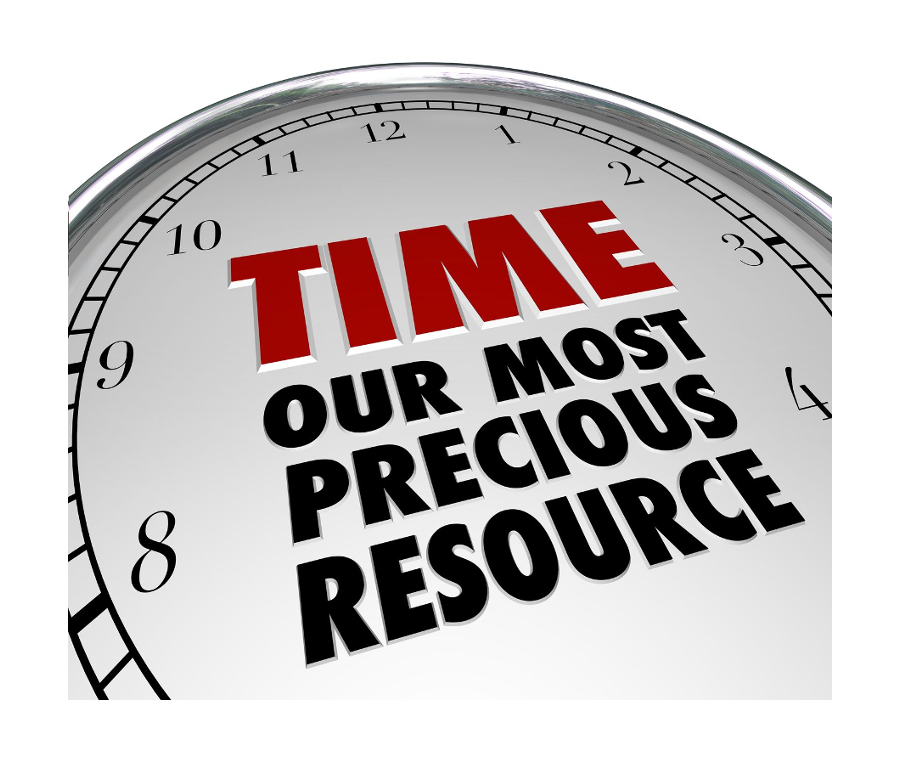
There are 168 hours in a 7-day week – time available to each of us. You may disagree with me on this but life is about what we do with time. Therefore, when I ask, do you live in prime time, I mean that block of hours between 6 and 10 pm for which television advertisers pay extraordinary sums of money, network and cable television depend upon to attract their most valued demographic; families try to have dinner together (if one or both of the parents does not work a second job) and then cluster around televisions to watch favored programs; and, product advertisers, through high-priced tv commercials, pitch products to children who then influence the purchasing habits of their parents.
To complete the picture, prime time witnesses most of the crimes committed, our teenage children are away from home; educational, recreational, and cultural interests compete for time, and many just hang out spending hours on popular online social media.
Why do I distinguish prime time hours from the other 140 hours in the week? For many of us, this is the only block of time daily you have to spend on yourself – however you give content to who you want to become.
Here are some questions to ponder: Do you view your prime time hours strategically? Or, are they subject to capricious or random allocation? Does what you do with your prime time hours prepare you to live your own goals and dreams in prime time? Or, do you spend your prime time hours watching others making money in their professions during prime time? Time is our most precious asset; yet we tend to waste it, kill it, and spend it rather than invest it. If the first question is too abstract, let’s break it down.
Let’s say you share a goal favored by many – to become a multiple-income-producing success by expanding your financial territory into new and greater places than you currently do. What do you do during your prime time hours to attain this success? Are you meeting with an investment expert? Doing research; attending a training session. What specifically are you doing?
I write often about attaining financial success. It just fits with the times and dinner table conversations. Therefore, I favor success-related examples. So, you insert the goal that fits your plan. My questions still pertains: what do you do during your prime time hours to attain your goal?
Look at time as a prime determinant of our values. Who we are and how we define ourselves is a function of how we use our time. My lengthy point is, time can mean a variety of things to each of us.
“The guy says, ‘When you work where I work, by the time you get home it’s late. You’ve got to have a bite to eat, watch a little TV, relax, and get to bed. You can’t sit up half the night planning, planning, planning.’ And he’s the same guy who’s behind on his car payment.” Jim Rohn
Most of our daytime hours are spent helping others solve their problems or, if you are employed, earning your employer greater wealth. Conversely, if you work from home, you are leveraging your time, energy, skills and resources to build a future. Your prime time activities most likely will center on family, community, and planning for your business. Most, however, fall into the first two categories.
People have a wide array of options when it comes to how they use their prime time hours. I prefer to take a more narrow, success-focussed approach when delineating possible options for the success-minded individual. So, follow me on my options for how one might use this block of time.
The prime time hours are, or should be, hours to spend on yourself by laying the foundation to achieve a dream, a goal i.e.,
- developing a business plan to launch a business;
- convening a meeting at home of supporters to build support for an important community-based project;
- evaluating today’s business activities to position yourself for tomorrow’s agenda;
- reading to your children;
- reading for self-enrichment;
- attending a business presentation to gain a better understanding of ways to control and grow your finances; or
- encouraging a friend who may be struggling with a new business, a failed relationship, or excited about a new venture.
You could initiate a campaign to support a candidate for local office more committed to the needs of your community; invite the local police chief to meet with a group of parents to explore ways to strengthen police-community relations; or, invite the president of the local chamber of commerce to share his ideas to attract more businesses to your area.
Each of these activities adds greater value to your life, the lives of family members, and the health of your community with a built-in multiplier effect to aid others. You will notice I did not include the most insidious of sedentary practices: watching television. You glared at me as though I wanted to cut off your arm without a sedative.
Here is an alternative. If you cannot eliminate television completely during your prime time hours, try reducing your viewing hours by 50 percent and you probably won’t notice it. If you prefer an E-Reader or Kindle over making a trip to the bookstore, pick it up, order that bestseller your friend told you about earlier today at lunch. I find I can restrict TV viewing to a one-hour news program and, even then, I am annoyed by all of the “in-your-face-commercials” about products I don’t use or want.
“If you go to work on your goals, your goals will go to work on you. If you go to work on your plan, your plan will go to work on you. Whatever good things we build end up building us.”
Here is one of my favorite prime time, value-producing activities because it can be contagious. Invite a select group of 4 – 6 like-minded friends to sit around your kitchen table with their laptops to do research on a specific project. Then cross-pollinate key elements and distill into a plan or strategy. Among young entrepreneurs in Philadelphia and Lower Manhattan, this is known as “co-working.” Small groups of individuals meet in a common space and toil together. Again, we are talking about alternative uses of prime time hours on a regular or even a part time basis.
In all of this, you are generating new ideas, new projects, and, for the business-minded, perhaps new clients.
Denis Waitley says “Time is the ultimate equal opportunity employer…how you spend your time is far more important than material possessions or titles.” By living in prime time along the lines of the examples cited above (for illustrative purposes only), you create hands-on, real life experiences you can touch, feel, and share instead of the virtual reality of television.
If you want to start living in prime time, start with a plan of action, a set of ideas, some measurable goals, and a willingness to adjust your attitude. Also, define the results you expect from your prime time efforts. It helps to factor in timelines. Your attitude will drive the intensity of your activities, strengthen your resolve, and increase your probability for success.

